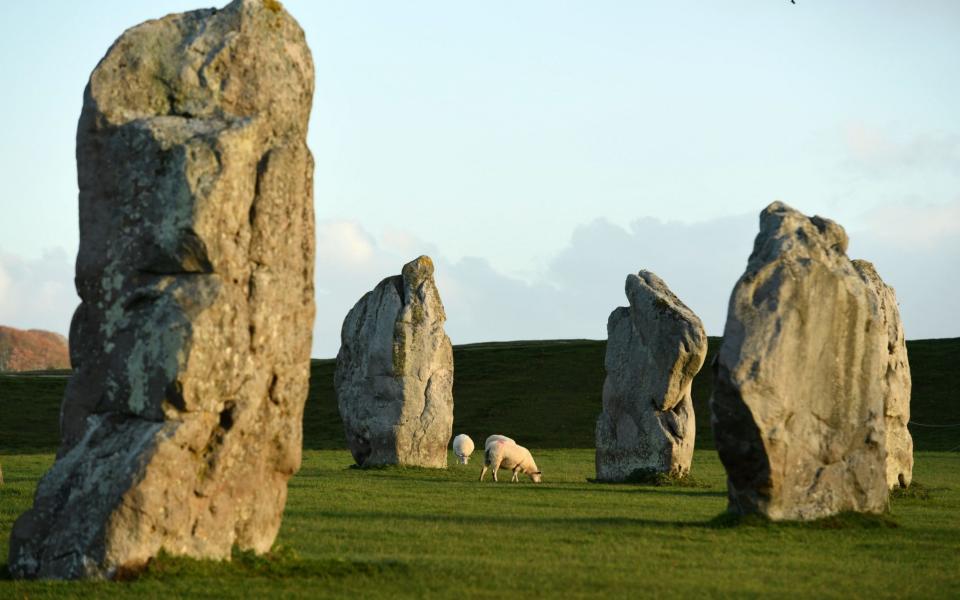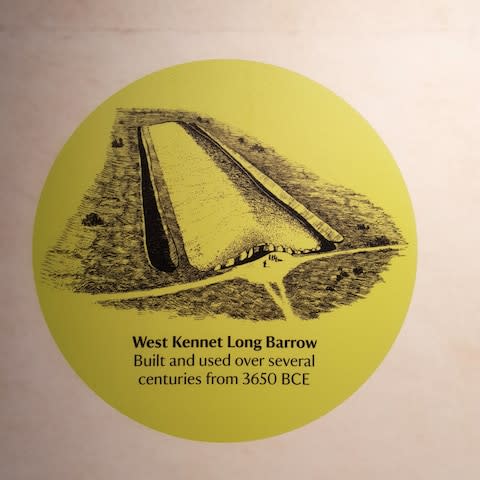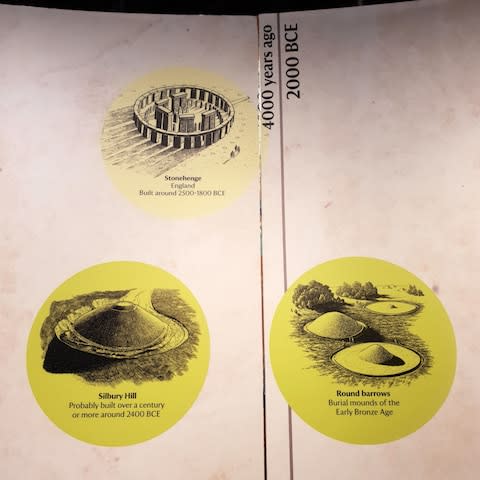National Trust tells properties to stop dropping BC and AD out of fear it might offend non-Christians

The National Trust has warned against ditching the traditional terms “before Christ” and “anno domini” after one of its flagship properties switched to a modern alternative to “avoid offending non-Christians”.
Visitors to the Trust’s neolithic village at Avebury in Wiltshire have complained of “mindless” political correctness after “BCE” and “CE”, denoting “before common era” and “common era”, were used on a large timeline explaining the history of the World Heritage Site.
The terms have become more mainstream in recent years, having been adopted by parts of the BBC in 2011 and, more recently, a number of local education authorities.
However, critics have condemned their use as meaningless, pointing out that UK leaders of major non-Christian faiths have said they do not consider the traditional versions to be offensive.
Now the National Trust has agreed, confirming that its internal style guide favours “BC” / “AD” and promising to instruct Avebury to amend the offending signage.
The “BCE” / “CE” annotations were evident on a 12-foot-high banner located in Avebury’s tithe barn, which serves as the site’s museum.
Visitors told The Daily Telegraph that when they complained, staff admitted they had been inundated with similar negative comments.

The row follows a spate of recent controversies in which “progressive” initiatives have put the National Trust at odds with much of its traditional membership.
In 2017 the organisation was accused of “airbrushing faith” after dropping the word “Easter” from its annual Easter egg hunt.
In the same year, family of the poet and historian Robert Wyndham Ketton-Cremer, who donated his Jacobean mansion to the trust, expressed outrage at its decision to posthumously “out” him as gay.
Staff at the Norfolk property were also forbidden from working in visitor-facing roles if they refused to wear lanyards decorated in the Gay Pride colours.
David Pearson, a retired banking consultant who visited Avebury in August, said the use of the modern terms on the timeline spoiled what was otherwise a well-curated museum.
“BC and AD go back an awful long way and they work perfectly well,” he said.
“If it isn’t broken, why tamper with it?
“All it does is offend Christians, yet I very much doubt people of a different persuasion, or no persuasion, are offended by the normal version.
“Nothing good comes of this sort of thing except someone high up somewhere gets a satisfied feeling because they have done something modern.”
He said staff had told him the modern terms had been adopted in order to avoid offending non-Christian visitors.

Roughly translated from the Medieval Latin as “in the year of the Lord”, Anno Domini is thought to have been devised as a means of counting years by Dionysius Exiguus in the year 525 AD.
In 2011 the Vatican attacked “senseless hypocrisy” by the BBC after its religion and ethics website suggested using the “religiously neutral” alternatives.
Some of the corporation's highest-profile presenters have promised to ignore the advice, including Andrew Marr and John Humphries.
In October last year Humphries revealed he was “angry with himself” for reading out the “ridiculous” term while presenting an episode of Mastermind.
“Everyone knows where we are when we say BC and AD and that is how I want to keep it,” he said.
Last night a spokesman for the National Trust said: “The National Trust’s editorial style is to use AD and BC when writing dates and this has been the case for many years.
“We do this to ensure a consistent approach and will be looking at the way the dates are written at Avebury Manor.”
The management at Avebury refused invitations to comment.

 Yahoo News
Yahoo News 